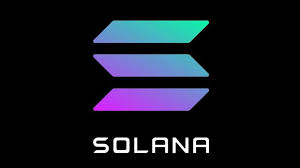Anatoly Yakovenko, co-founder of Solana, recently discussed Ethereum’s challenges and shed light on Solana’s design principles. Here is a breakdown of Yakovenko’s key insights.
Yakovenko expressed concern about Ethereum’s potential centralization issues. He emphasized the danger of specific parts of the network becoming overly dominant, posing a challenge to Ethereum’s decentralized goals.
Yakovenko, on the other hand, emphasized an important aspect of Solana’s architecture: atomic composability. This feature allows for seamless collaboration among blockchain elements.
While Yakovenko sees this as a strength, he admits that its value is dependent on recognition within the larger blockchain community. He claims that Solana’s success is dependent on the perceived importance of atomic composability.
Qiao Wang, a blockchain expert, commented on Ethereum’s communication strategy, criticizing the use of complex language in marketing efforts.
Wang contended that complex language could potentially confuse new developers. This sentiment was shared by Ethereum co-founder Vitalik Buterin, who recognized the importance of simplifying communication, particularly for developers. The consensus is that adopting simpler language is critical to attracting more developers to the ecosystem.
As the blockchain landscape evolves, these insights highlight the ongoing debates about decentralization, design principles, and the importance of clear communication in building a strong developer community.



